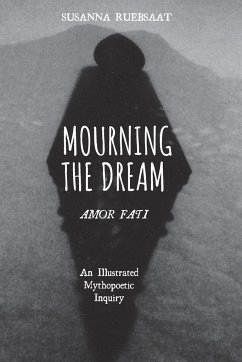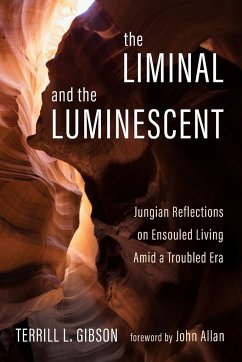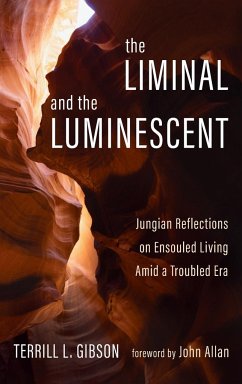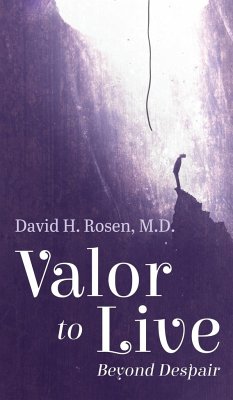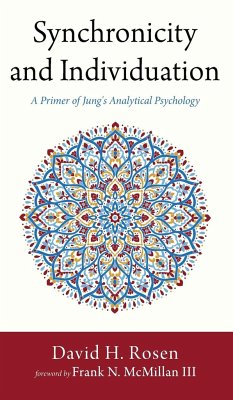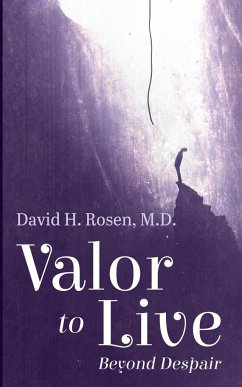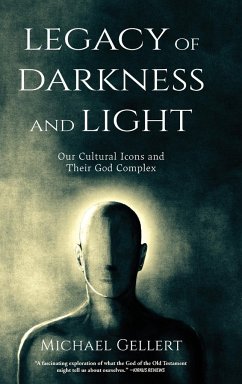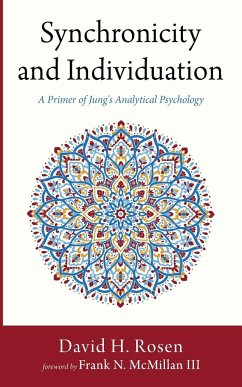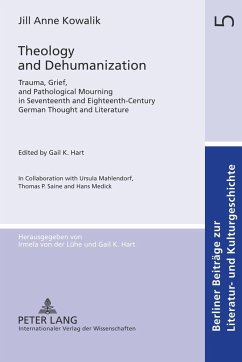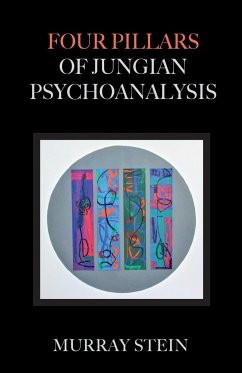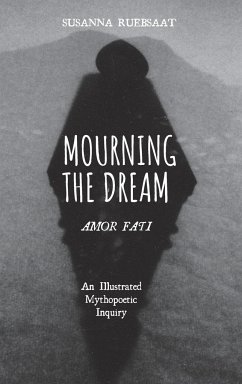
Mourning the Dream-Amor Fati

PAYBACK Punkte
20 °P sammeln!
The inner figure of the blind victim, the one who has the power to withstand the dark pull of the archetypal dynamic of illness/wholeness, was particularly active for a long period of time after I initially lost my eyesight. She kept looking for what I could not see, checking each eye over and over again separately, crying out in despair to the other eye to see if it could not grasp what this one could not. As a metaphor pointing to something not seen--shadow material not identified with--the soul of my blindness kept reaching out past her claustrophobic confinement to the blackness pressing i...
The inner figure of the blind victim, the one who has the power to withstand the dark pull of the archetypal dynamic of illness/wholeness, was particularly active for a long period of time after I initially lost my eyesight. She kept looking for what I could not see, checking each eye over and over again separately, crying out in despair to the other eye to see if it could not grasp what this one could not. As a metaphor pointing to something not seen--shadow material not identified with--the soul of my blindness kept reaching out past her claustrophobic confinement to the blackness pressing in on her. She was relentless in her efforts to stay connected to the ""not-me"" that might help her learn how to see in another less literal way. I reflect now on how seeing and my sense of self became symbiotic in that what I could see, I felt was still a part of me; I could still be whole. I still had a relationship with these parts of my experience. And what I could not see, was not lost to me forever vanished as if my very sense of myself was suddenly unavailable, absent. Dead. ""Rarely have I seen the inner dimension of visceral experience brought so tangibly to light as in Mourning the Dream--Amor Fati. Dr. Ruebsaat poignantly, poetically, and with remarkable transparency, explores hidden corners of her psyche while engaging in a dialogue with her readers that supports their own self-exploration. Ultimately, this powerful work of image and soul reaches beyond the realm of individual healing to offer the promise of helping to heal the splits and wounds of our culture at large."" --Steven M. Rosen, author of Dreams, Death, Rebirth ""It is rare to see such beautiful paintings as clear examples of Carl Jung's active imagination. I wholeheartedly recommend this book to all. In fact, it reminds me of Christian Gaillard's work The Soul of Art. Susanna Ruebsaat's book is an exceptional blend of art, image, and meaning."" --David H. Rosen, author of Transforming Depression: Healing the Soul through Creativity ""Symbolic awareness combines play of imagination with the distance to observe the inner unconscious process--we and our world are re-formed. Symbol, not yet an image, but more a felt sense of new direction, has an intensity that both pushes and draws us into the unlived life, driving us to live. Dr. Ruebsaat, through her words and art, shows us how to allow an emergence--a new container for life--as we learn to live."" --Mary Barnes, retired RCC Susanna Ruebsaat is a Jungian-oriented art therapist, clinical counselor, and supervisor. She has developed a mythopoetic mentorship for practitioners wanting to bring an archetypal lens to their practice. Her experiential sessions in alchemical art therapy, working with soma and symbol, shape a mythopoetic inquiry that acts as a container for the metamorphosis of trauma. Dr. Ruebsaat also teaches mythopoetic inquiry and group art therapy at a training institute in British Columbia.



